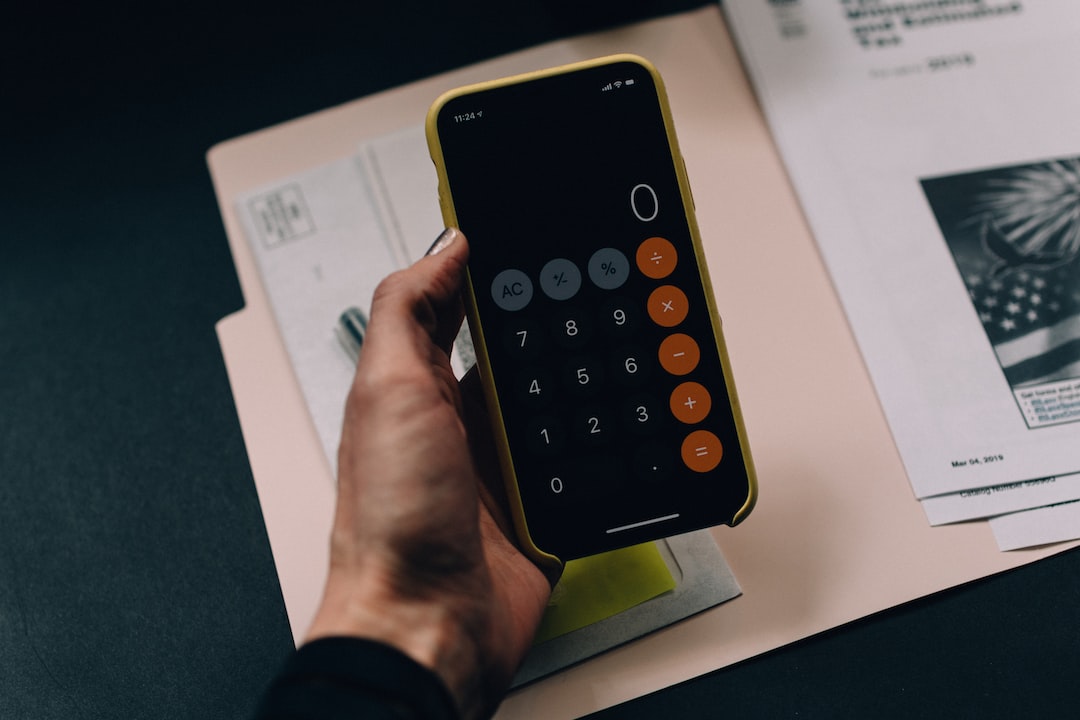Forex trading is one of the most popular forms of trading in the world. It’s easy to see why: the currency market is the largest financial market in the world, with a daily trading volume of over $5 trillion. That’s more than the entire stock market combined. With so much money changing hands every day, it’s no wonder that forex trading has become such a popular way to invest.
If you’re new to forex trading, you might be wondering how long you can leave a trade open. The answer is, it depends. There are a number of factors that can affect how long you should keep a trade open, including your trading strategy, your risk tolerance, and the market conditions. In this article, we’ll take a closer look at these factors and help you understand how long you can leave a forex trade open.
First, let’s talk about trading strategies. There are a number of different trading strategies you can use in forex trading, and each one has its own set of rules for when to enter and exit trades. Some traders prefer to enter and exit trades quickly, aiming to make small profits on a high volume of trades. Others prefer to hold trades open for longer periods of time, hoping to catch larger moves in the market. Your trading strategy will determine how long you should keep a trade open.
If you’re using a scalping strategy, for example, you might only keep a trade open for a few minutes or even seconds. This is because scalping relies on making small profits on a large number of trades, so you need to be able to enter and exit trades quickly. On the other hand, if you’re using a swing trading strategy, you might keep a trade open for several days or even weeks. This is because swing trading relies on catching larger moves in the market, so you need to give your trades enough time to play out.
Another factor that can affect how long you should keep a trade open is your risk tolerance. If you have a low risk tolerance, you might prefer to close your trades quickly to minimize your exposure to the market. On the other hand, if you have a high risk tolerance, you might be willing to hold your trades open for longer periods of time, even if it means experiencing larger drawdowns.
Finally, market conditions can also affect how long you should keep a trade open. If the market is volatile and unpredictable, you might prefer to close your trades quickly to avoid getting caught in a sudden reversal. On the other hand, if the market is trending strongly in your favor, you might be willing to hold your trades open for longer periods of time to maximize your profits.
In general, there is no hard and fast rule for how long you should keep a forex trade open. It all depends on your trading strategy, your risk tolerance, and the market conditions. However, here are a few general guidelines to keep in mind:
– If you’re using a scalping strategy, you might only keep a trade open for a few minutes or even seconds.
– If you’re using a swing trading strategy, you might keep a trade open for several days or even weeks.
– If you have a low risk tolerance, you might prefer to close your trades quickly to minimize your exposure to the market.
– If you have a high risk tolerance, you might be willing to hold your trades open for longer periods of time, even if it means experiencing larger drawdowns.
– If the market is volatile and unpredictable, you might prefer to close your trades quickly to avoid getting caught in a sudden reversal.
– If the market is trending strongly in your favor, you might be willing to hold your trades open for longer periods of time to maximize your profits.
In conclusion, how long you can leave a forex trade open depends on a number of factors, including your trading strategy, your risk tolerance, and the market conditions. There is no one-size-fits-all answer, but by understanding these factors and keeping them in mind when making trading decisions, you can increase your chances of success in the forex market.






